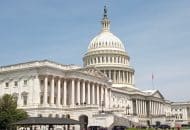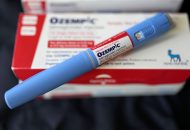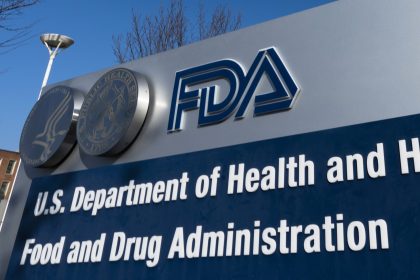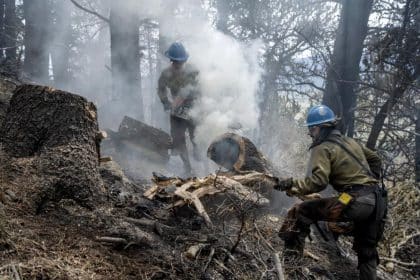Unmasking America’s Vulnerability: A Call to Reinforce Public Health Emergency Preparedness
COMMENTARY
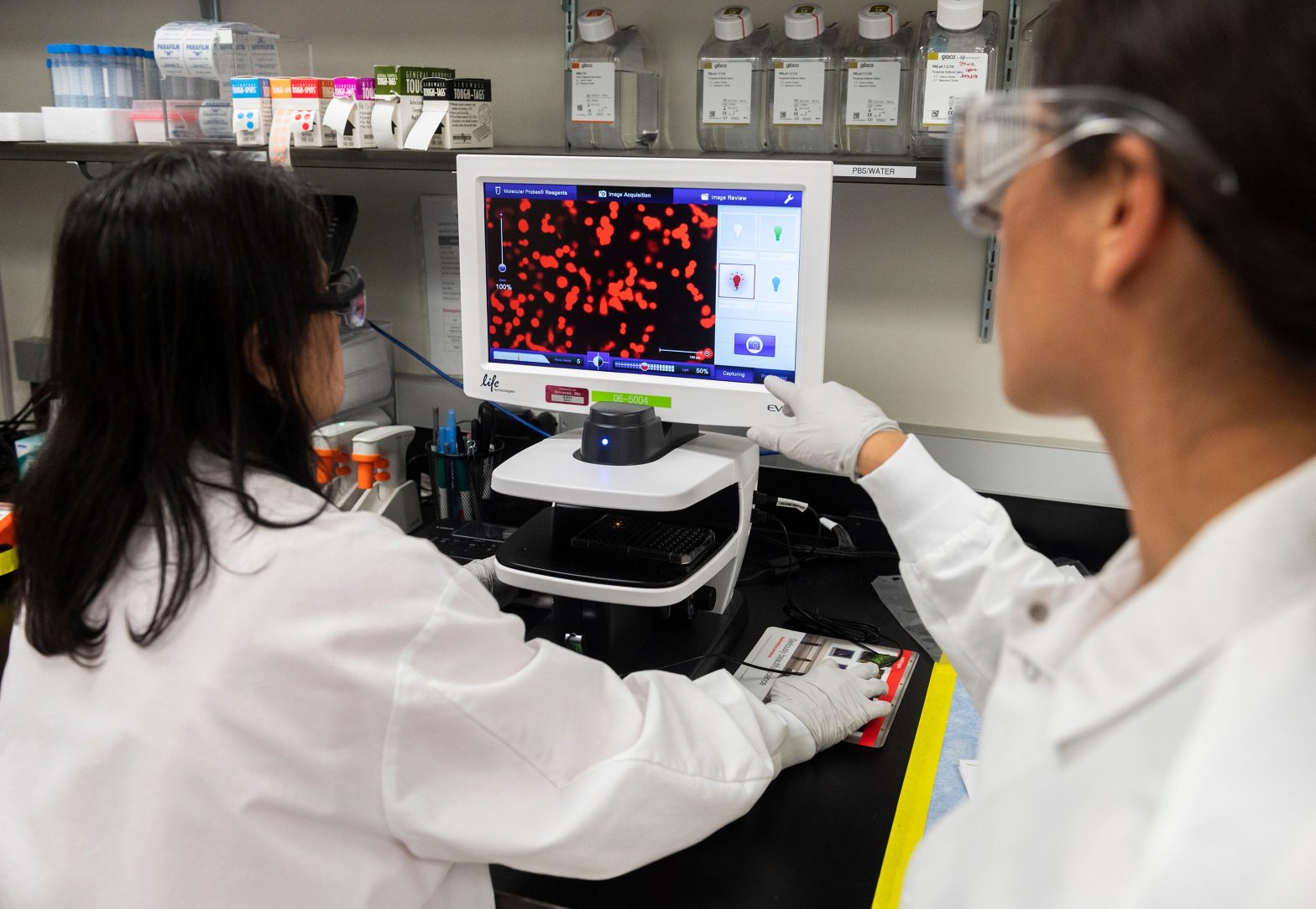
In March 2020, the World Health Organization declared COVID-19 a global health emergency and pandemic. Fast forward to today — four years later — and our nation still has not sufficiently heeded lessons from the COVID-19 pandemic and applied them in a manner that will strengthen our response to future emergencies.
Below we examine technology, data and supply chain weaknesses exposed by COVID-19 and suggest ways that policymakers can better manage these realities for the future.
Lack of Public Health Data Sharing
Battling disease without predictive data is the equivalent of fighting with one hand tied behind your back. There remains an urgent, unaddressed need to improve surveillance to monitor for caseloads, as well symptoms that could indicate a potential outbreak.
In the early days of the pandemic, private sector organizations leveraged technology solutions to search for symptoms and were able to effectively predict regional flare ups well before patients started showing up at hospitals for treatment.
Yet these types of solutions need scale, and federal agencies should adopt a unified national system for syndromic surveillance.
To accomplish this goal, Congress should mandate that the Department of Health and Human Services implement the system it envisioned in 2006, but has not yet realized — an automated, near real-time system for collecting symptoms and confirmed case information for sharing among multiple public and private stakeholders. Policy changes are also needed to provide data rights to create responsible AI-enabled predictive algorithms, and to acquire and utilize data for this surveillance.
A national system should pull in data on symptoms, comorbidities and other vital information, enabling targeted tracing and interventions to more proactively and rapidly prevent outbreaks. Earlier recognition of new hot spots can reduce the spread of disease, save lives and save the nation money on contact tracing and testing.
This reality is possible today. The federal government should prioritize efforts for automated, nationwide public health data collection, exchange and sharing using data and interoperability standards.
Opaque Supply Chains
Providers need both clinical surveillance and supply chain data to provide high-quality patient care. Yet a major barrier to the COVID-19 response was the lack of information on the exact quantities and locations of medical supplies and drugs on U.S. soil at any given time.
Our nation’s limited information on the location, production process and inventory status amounted to a supply chain guessing game to find products and earmark them based on patient need. It can also be argued that as states bid against other states, and providers bid against other providers for scarce items, the situation was worsened by a rapid escalation in supply costs, which we are still seeing today.
We continue to lack information on supplies needed to provide the appropriate treatment during a PHE or other emergency. Adding to this are ongoing cybersecurity concerns, slowdowns in the Red Sea and Panama Canal, strained trade relations and international conflicts that are hampering the efficient movement of goods worldwide.
It’s well past time we modernize the U.S. supply chain data infrastructure for the 21st century — one the nation can summon to help manage a large-scale emergency. This would allow for advanced alerts of demand signaling and inventory levels, and the dynamic allocation of product to areas of greatest need.
Congress should expeditiously pass the bipartisan Medical and Health Stockpile Accountability Act, which would enable, for the first time, real-time data on the entire supply chain for critical medical supplies needed to treat patients during emergencies.
In addition, incentives must be established to encourage reporting such as providing two-way visibility into the medical supply chain to reporting entities.
Overreliance on Overseas Manufacturing for Critical Goods
COVID-19 was a wake-up call on globalization, which created overseas overreliance and supply chain fragility. Fortunately, many U.S. lawmakers and private sector actors heard the alarm and are taking steps to bring greater diversity to the market.
Within the private sector, health care providers are leading the way to change how we source critical medical supplies and drugs.
Hundreds of health systems have stepped up to incentivize manufacturers to produce vital, domestically made medical products and pharmaceuticals. Long-term purchasing commitments by providers across the country provide suppliers the surety they need to enter the market and stay in the market. And notably, these efforts prioritize collaborations that leverage existing production capacity, providing a more sustainable approach to U.S.-based production rather than building from the ground up.
In Washington, D.C., supply chain resiliency was advanced when the bipartisan CHIPS and Science Act of 2022 was signed into law. The legislation aims to boost U.S.-based manufacturing of semiconductors — a vital component in nearly every device we use today, including health care devices — to help mitigate future supply chain challenges and increase competition with China.
While these actions represent important and meaningful progress, scaling domestic and diverse manufacturing isn’t going to come easy. It will require a continued and massive effort on behalf of the U.S. manufacturing industry and the federal government to generate the necessary public policy support.
For example, Congress should provide CMS with statutory authority to implement payment adjustments to compensate hospitals for the increased cost of domestically manufactured medical supplies and pharmaceuticals in a non-budget neutral manner.
In addition, as manufacturers seek to invest in onshoring the manufacturing of medical supplies and pharmaceuticals, the U.S. Food and Drug Administration approval framework must be adapted to expedite review of applications and inspections of manufacturing facilities for domestic entrants.
Congressional action to incentivize domestic manufacturing via tax credits and nearshoring via the creation of trusted trade partners are also essential to create a sustainable health care supply chain of the future.
And finally, reauthorization of the Pandemic and All-Hazards Preparedness Act is a must to protect the nation’s economic well-being and national security, and strengthen our ability to respond to the next public health crisis.
While we’ve learned some vital lessons from the COVID-19 pandemic, many challenges remain.
However, I believe it is possible to initiate the real reforms required for an agile response to future pandemics and emergency responses. Now is the time for stakeholders to act and change the trajectory of our nation’s preparedness.
We must seize this opportunity to protect the communities we serve. For all our sakes, we cannot afford for history to repeat itself.
Michael J. Alkire is the president and CEO of Premier. As the leader of Premier, Alkire leads the continued integration of Premier’s clinical, financial, supply chain and operational performance improvement offerings helping member hospitals and health systems provide higher quality care at a better cost. He oversees Premier’s quality, safety, labor and supply chain technology apps and data-driven collaboratives allowing alliance members to make decisions based on a combination of health care information. These performance improvement offerings access Premier’s comparative database, one of the nation’s largest outcomes databases. He can be reached on LinkedIn.










